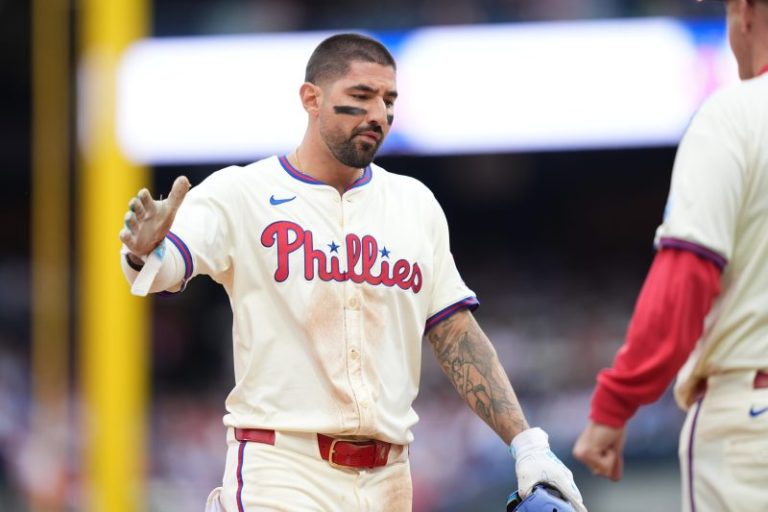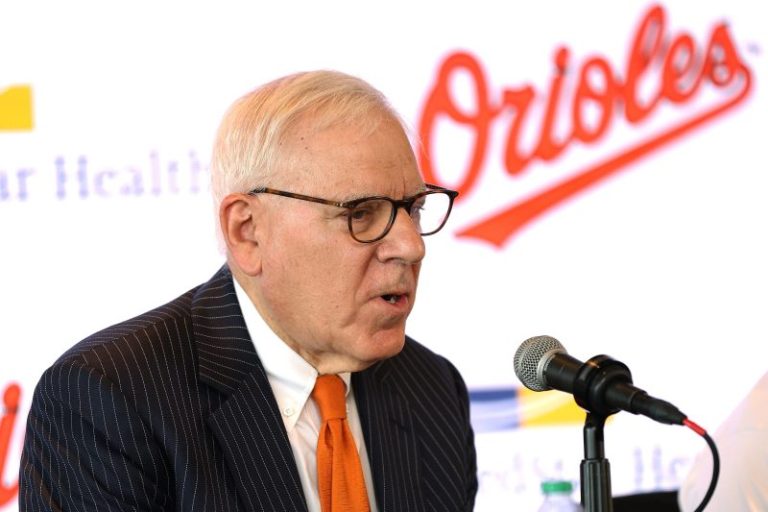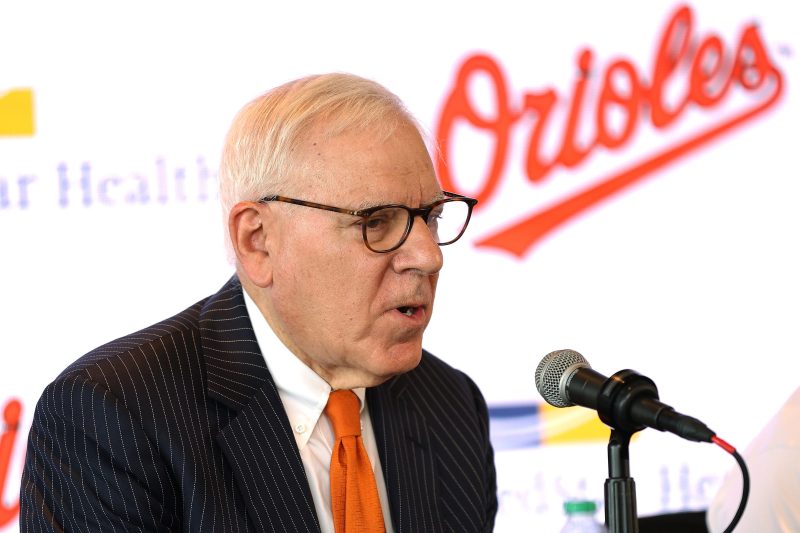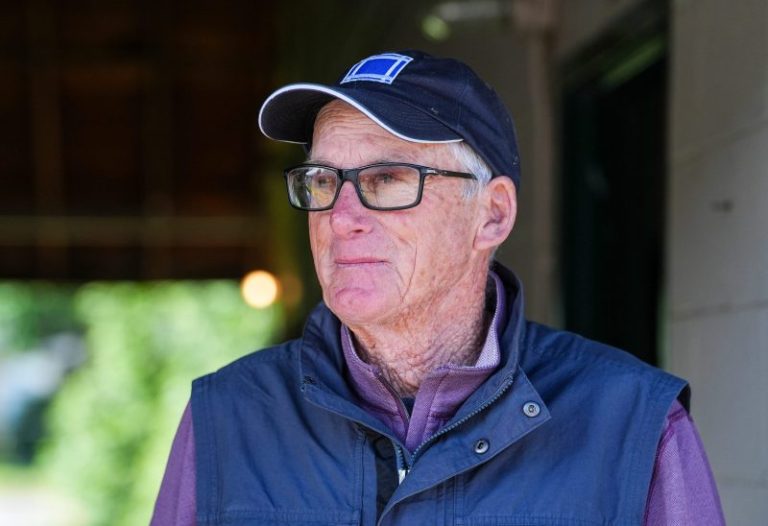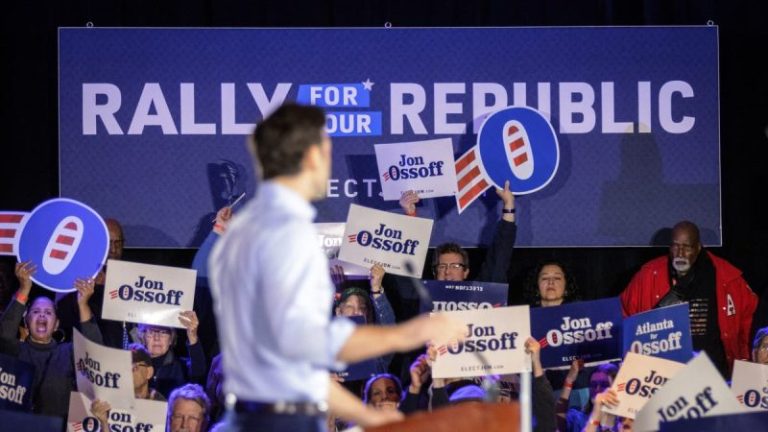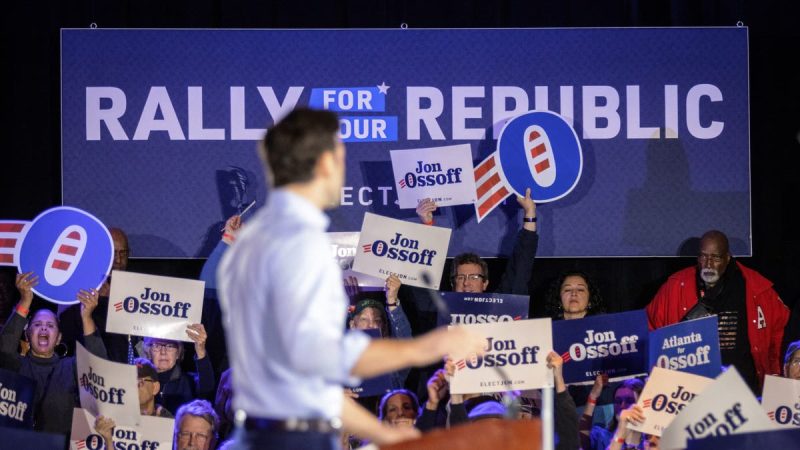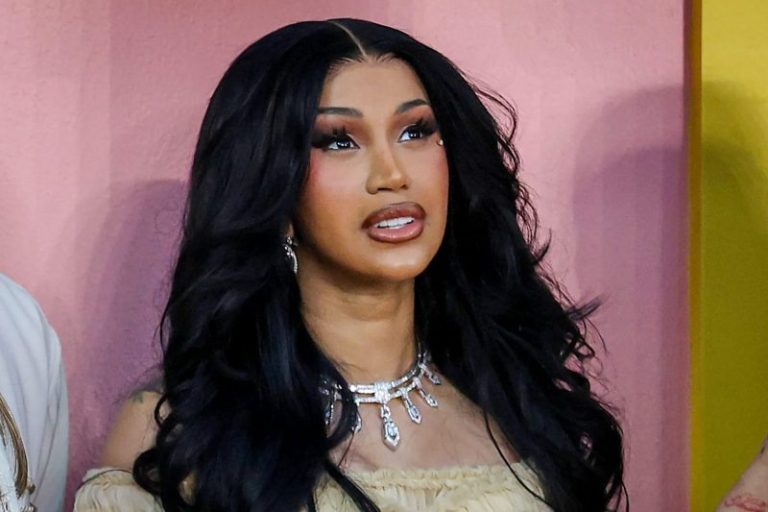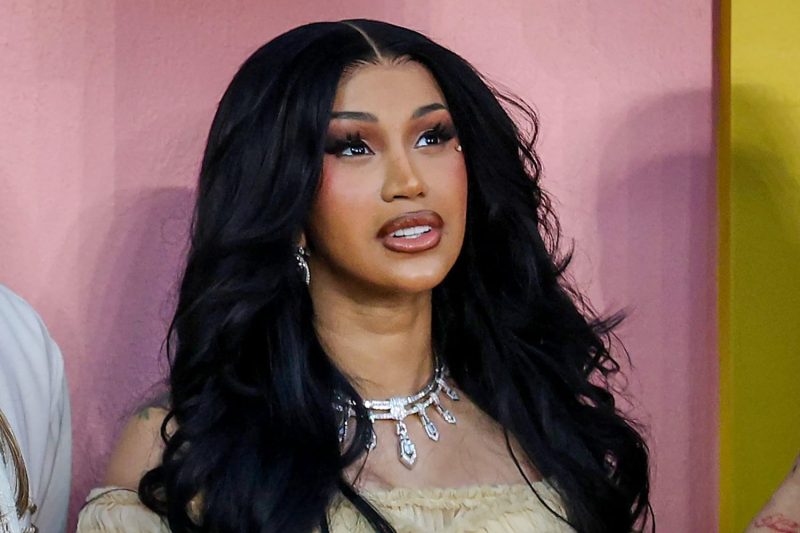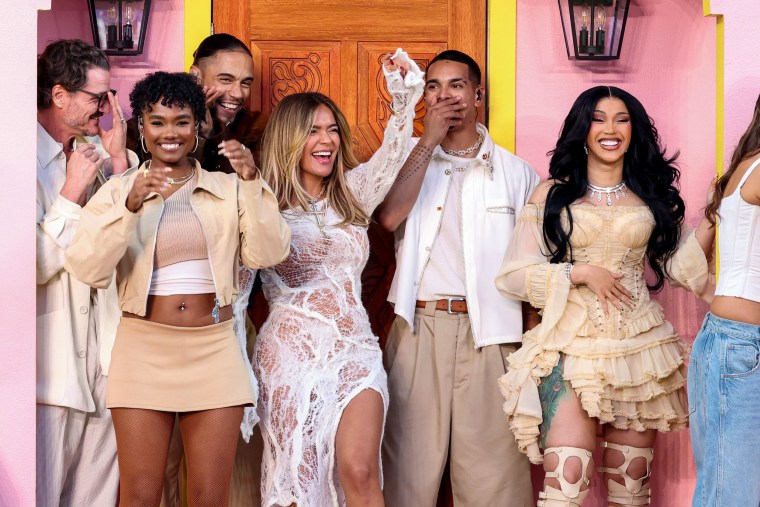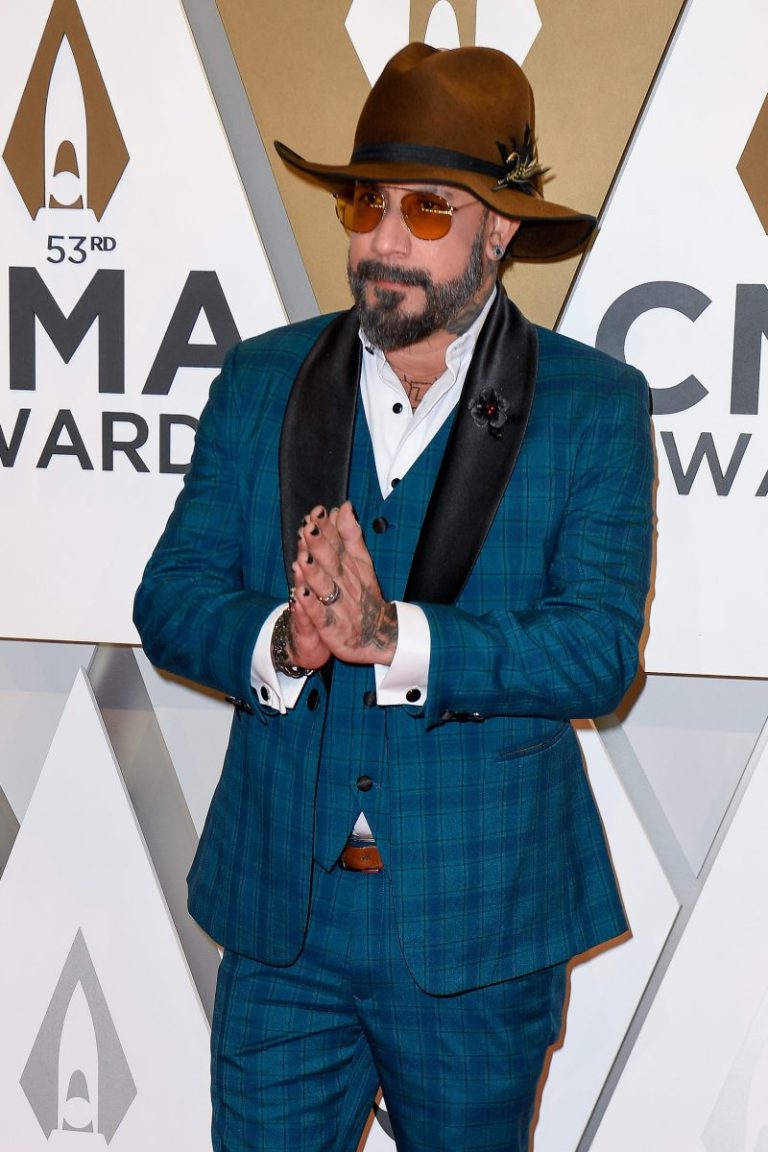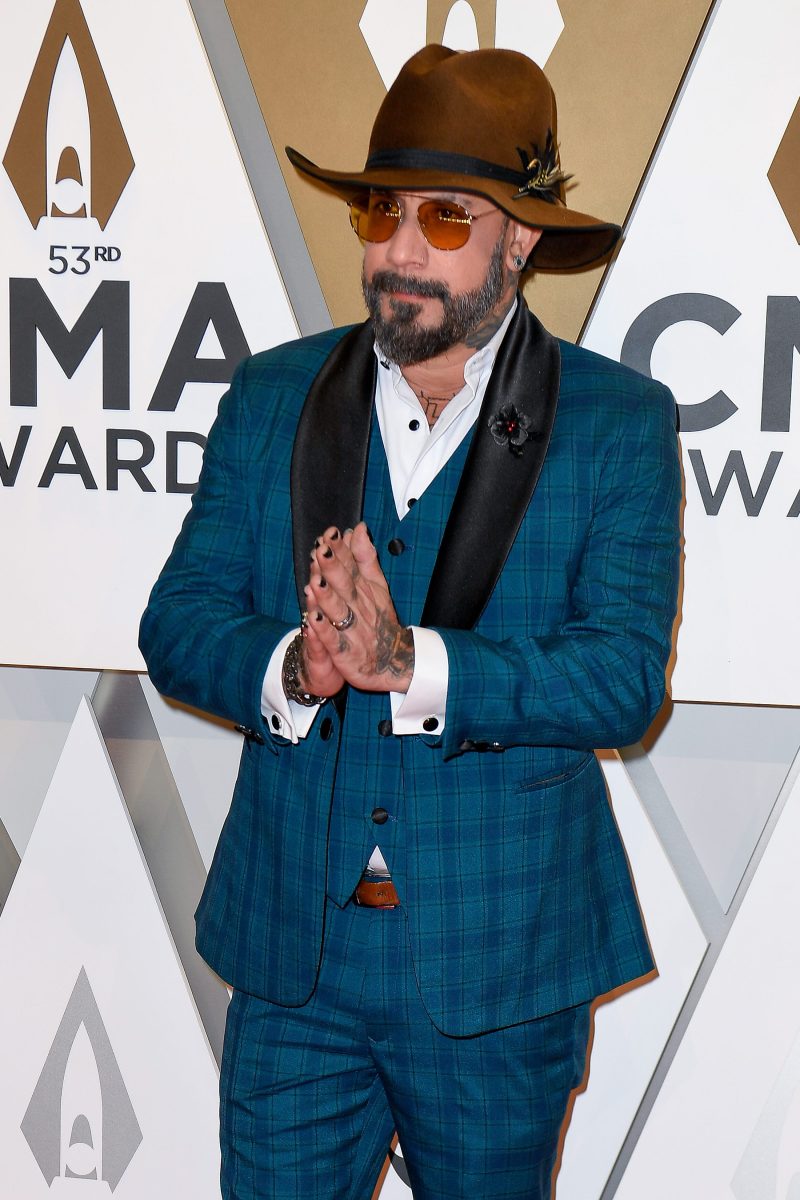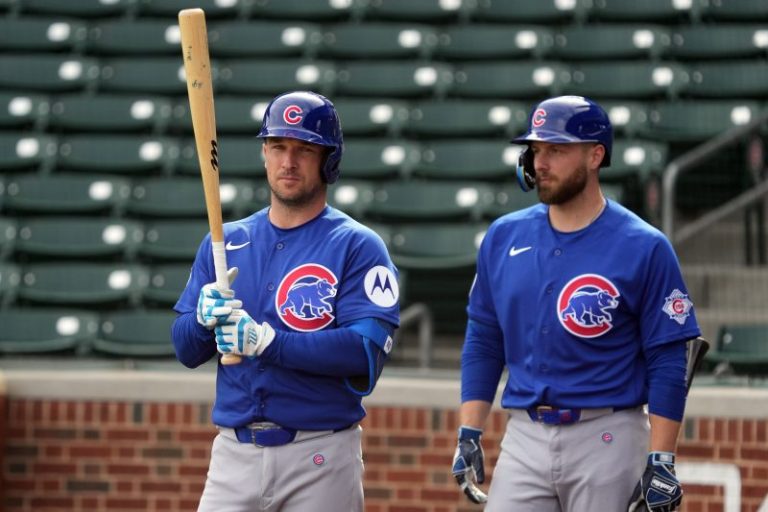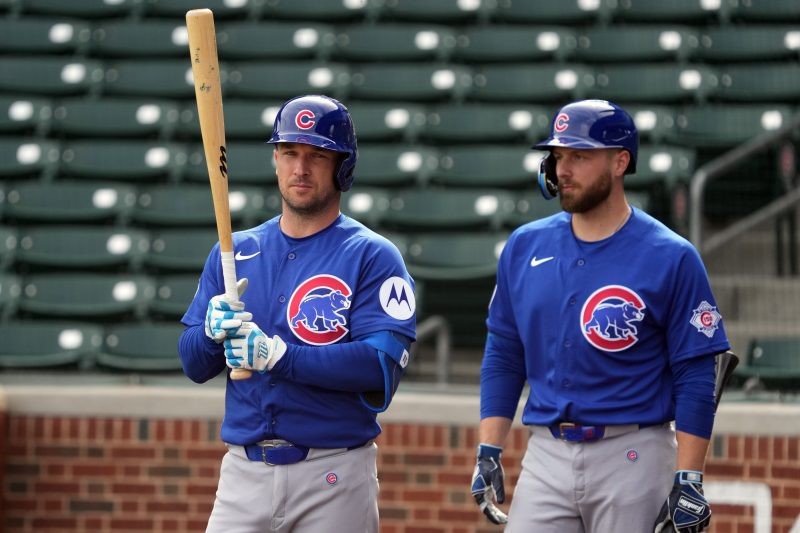
Everyone’s open for business. And there’s an awful lot of it for Major League Baseball teams to take care of over the next 40 days of spring training.
Pitchers and catchers are officially in and working out at all 30 camps, kicking off the game’s period of relative tranquility before the grind of 162 games and five weeks of playoff settle in.
Yet what unfolds in Florida and Arizona the next six weeks will surely frame what happens in the months to come. With that, USA TODAY Sports examines 30 issues worth monitoring among the Cactus and Grapefruit:
Philadelphia Phillies: Can Zack Wheeler clear all the hurdles?
The rib is sitting in a closet at home, Zack Wheeler told reporters in Clearwater, Florida, safely removed from his vascular thoracic outlet syndrome surgery. It can’t hurt him, and he kept it for posterity.
Now, six months removed from getting shut down and having to watch the Phillies bow out in the NL Division Series without him, Wheeler, 35, once again represents their best chance to separate from the NL pack.
He will not be ready for opening day, manager Rob Thomson intimated, though that artificial deadline doesn’t matter that much. Soon Wheeler, currently long tossing from 90 feet, will get up off a mound, progress as any pitcher might and, perhaps, get in some Grapefruit League games in March.
That would put him squarely in the middle of the six to eight months recovery time for his form of TOS surgery. And as stretched out and effective that Wheeler looks as March nears April, the less Philly may have to rely on prospect Andrew Painter – who may or may not be ready – and vets like Taijuan Walker to hold down the rotation.
No, Wheeler won’t clear every hurdle this spring. But getting closer to the finish line would make the Phillies far more imposing.
New York Mets: Will the new mix prove cohesive?
David Stearns’ January scramble drill brought the Mets another highly competitive, big-budget behemoth. One probably better than the 83-win dud in the first year of Juan Soto’s $765 million contract.
But that will involve disparate parts coming together, Bo Bichette learning third base with aplomb, a sentient right fielder emerging and the gaggle of first base/DH types sliding into roles.
Oh, and all this with All-Star shortstop Francisco Lindor missing all of spring training with a hamate injury.
‘We’ve got a fun group. Even these first couple days down here you can feel it,’ Stearns insisted the day before camp opened. ‘The guys are smiling, they’re having fun with each other.
‘We do have new faces here. But baseball is such a small community. It hasn’t felt, these first couple days, like we’re integrating a lot of new people.’
Ideally, the new-look infield of Jorge Polanco, Marcus Semien, Lindor and Bichette coalesces. And the 83-win bar set last year proves easy to clear.
Atlanta Braves: Still time to add more pitching?
The loss of Spencer Schwellenbach is fairly devastating for an Atlanta team that dipped under .500 for the first time since 2017 and was, somewhat rightfully, counting on internal improvement to make up much of the shortfall.
Schwellenbach’s elbow dislocation dampened their hopes last year and now, his inflammation in the same wing raises many questions about his 2026 season.
Yet the Braves are 0-0, and can triage this loss now, with a gaggle of available starting pitchers on the market. But they’re going quickly: Chris Bassitt came off the board on the first day of Orioles camp; a Lucas Giolito or similar arm slotted behind Chris Sale and Spencer Strider – both struck by injury woes last year, too – would give the squad more than a fighting chance.
Miami Marlins: Are young arms ready to seize opportunity?
It would be quite a gambit: Trading from pitching depth to acquire a slugging right fielder in Owen Caissie and then plugging the vacancy with quality rookie arms.
That would certainly be a best-case scenario for the Marlins, who knocked on the playoff door last year after playing excellent ball from late June on. Robby Snelling, Baseball America’s minor league pitcher of the year in 2023, bounced back from a 2024 dip to get his stock back up while Thomas White is a high-end prospect whose walk rate still raises eyebrows.
The Marlins signed Chris Paddack as a back-end stopgap. But solid springs for Snelling and White could bring the future closer to Miami than anticipated.
Washington Nationals: Will youth be served?
Once Blake Butera manages a Grapefruit League game, he’ll check one key box off his never-have-I-ever list: Holding forth in a big league dugout.
At 33, he’s the youngest major league manager since 1972, and comes highly regarded from the highly respected Tampa Bay Rays development apparatus.
Connecting with a projected roster where just one player – starter Miles Mikolas – is older than him shouldn’t be difficult.
‘I feel really prepared,’ he said the day before Nationals camp opened. ‘And ready to roll.’
Chicago Cubs: Will a mystery guest make them even deeper?
Adding Alex Bregman to a 92-win team is quite the power move. Yet are the Chicago Cubs even more all-in than it appears?
They held onto invaluable second baseman Nico Hoerner and turned Matt Shaw into a utility guy. And are set to see three of their starting pitchers walk after this year, too.
Which makes you wonder whether the club, connected in various forms to unsigned Zac Gallen virtually the entire winter, might see the right-hander come back to them before long. That would give them admirable starter depth and a hedge against the future.
Perhaps it won’t be as dramatic as Dexter Fowler’s 2016 return that portended a World Series title. But it would certainly spice things up.
Milwaukee Brewers: Faith no more?
Nothing quite like trading the ace of your 97-win team one month before spring training begins. It is the kind of maneuver that can damper a clubhouse spirit before workouts begin. Yet the Milwaukee Brewers are accustomed to such indignities.
Dealing Freddy Peralta to the Mets doesn’t leave the cupboard bare, though. It just turns a lot of hoped-for things into musts.
Like Brandon Woodruff getting north of 20 starts again. Jacob Misiorowski uninhibited by governors on his youthful arm. Logan Henderson looking ready to build upon a fantastic five-start cameo.
Throw in Quinn Priester and Chad Patrick, and there’s a path to Surviving Freddy. But that margin for error has narrowed a bit, where any hint of injury, regression or lack of polish may upset the formula.
Cincinnati Reds: A void in left field?
Left field at Great American Ball Park is a pretty sweet place to ply your trade. Not a lot of ground to cover and then a very hitter-friendly yard when there’s a bat in your hands.
Yet the Cincinnati Reds may fill that slot with a combo of J.J. Bleday (career OBP of .307, adjusted OPS 92) and Dane Myers (.299, 80).
It’s a curious pairing, though in Bleday, the fourth overall pick in the 2019 draft, there’s still the whiff of upside after he hit 20 homers in Oakland in 2024. He regressed in almost every category in ’25, though, and was non-tendered by the A’s.
Myers provides speed but little pop, though both would give the outfield a fairly elite defensive look with TJ Friedl flanked by them and right fielder Noelvi Marte, who has proven a very quick study out there.
Will this alignment last all spring? Or might the Reds kick the tires on Nick Castellanos if/when the Phillies must release him? Stay tuned.
St. Louis Cardinals: How close is JJ Wetherholt?
The St. Louis Cardinals’ rebuild has indeed filled up a farm system that ranks in the upper third of the majors, thanks largely to depth amassed in their many trades. But JJ Wetherholt is the guy everyone’s dying to see.
A relative steal with the seventh overall pick in 2024, Wetherholt nearly knocked down the door to Busch Stadium last year, when he slashed .306/.421/.510 and stole 23 bases in 26 attempts across AA and AAA ball.
Now, the trade of Brendan Donovan to Seattle opens up a slot at second base. The allure of pairing Wetherholt up the middle with Gold Glove shortstop Masyn Winn is undeniable. And Wetherholt’s spring plate appearances will certainly bear watching.
Pittsburgh Pirates: Does the Konnor Griffin era begin now?
Speaking of gifted young middle infielders, Konnor Griffin does not turn 20 until April. But he does move fast.
The young man got married over the winter, coming off a year he hit 21 homers with a .941 OPS across three levels, finishing at Class AA in his first pro season. Increasingly, it’s simply a matter of ‘when’ and not ‘if.’ That said, the Pirates might be putting an awful lot on the young man by tossing him out there opening day after a winter they sparked relative hope with a handful of moves to improve the offense.
Then again, the Paul Skenes era is entering Year Three. If nothing else, Griffin gives Bucco fans in Bradenton something to train their eyes upon the days Skenes doesn’t pitch.
Los Angeles Dodgers: How slow will they play it?
Beyond their checkbook championships, the Dodgers have displayed an uncanny ability to get a crew of oft-injured pitchers just right for the playoffs. Snell and Tyler Glasnow, most notably, struggled to stay upright until the lights shone the brightest last year – and then they saved their season.
As for this year? Playoff hero Yoshinobu Yamamoto is pitching for Japan in the WBC. Not ideal, given the body blows he took last fall.
Conversely, youngsters like River Ryan, Gavin Stone and Landon Knack, along with last year’s phenom, Rōki Sasaki, are all healthy. The Dodgers could roll with an 11-man rotation if they wanted.
And the ramp-up through the Cactus League may yet reveal a few more arms who might need a siesta early to make sure they’re available late.
San Diego Padres: Is Joe Musgrove ready to roll?
Easy to forget the San Diego Padres won 90 games last year, this with Dylan Cease giving up more damage than his numbers might have indicated. Now, Cease is in Toronto – and a former rotation stalwart is hoping to be ready to replace him.
Now, his performance may determine whether the Padres can sustain their consistent level of contention: With Nick Pivetta and Michael King atop the rotation, anything resembling the Musgrove of old would give them a solid chance to play .550 or better ball and unlock another playoff spot.
San Francisco Giants: Will skipper accidentally call spring training ‘Fall Ball?’
We kid, we kid. Tony Vitello’s unprecedented leap from Knoxville to the NL West has gone swimmingly so far, the San Francisco Giants’ early arrivers believing in this unprecedented hire.
Still, though, until he manages a regular season game, it’ll be interesting to chart how he handles the 40 days and nights that lead up to the opener.
And no pressure: Opening night is simply a standalone Netflix game against Aaron Judge and the Yankees.
Vitello’s doing OK, though. He named Logan Webb his opening day starter – not his Friday night starter.
Arizona Diamondbacks: Will the oldies stay golden?
Spring training’s a time for veteran dispensation: An extra day off, a hall pass from bus trips that are too long, early checkout time from a workout.
Well, there’s a lot of Arizona Diamondbacks who can claim those extra privileges.
The Diamondbacks’ late winter run netted them experience, and lots of it: Nolan Arenado will turn 35 and first baseman Carlos Santana 40 in April. Re-signed ace Merrill Kelly is 37. Lefty Eduardo Rodriguez and catcher James McCann will soon be 33 and 36, respectively.
They’re certainly in the right spot. Who wouldn’t want to retire to the Valley of the Sun – or at least play ball a little while longer?
Colorado Rockies: Are the lab rats ready for Coors Field?
The Paul DePodesta era is almost certain to get weird. And the manner in which the new club president added to the rotation at winter’s end seemed to buttress that.
Oh, in a vacuum, they were totally normal maneuvers: Signing veteran starters Michael Lorenzen, Jose Quintana and Tomoyuki Sugano to one-year deals. It’s just that a team likely bound for another 100-loss campaign doesn’t necessarily dip into the veteran market in that fashion.
After all, what’s the difference between 96 and 106 losses, say?
But all three pitchers bring such divergent skill sets to the table, it’s almost like DePodesta will take the year and workshop what does and doesn’t work in Coors Field. For now, those three will be living a little easier in the Cactus League. The Coors missiles will be flying soon enough.
New York Yankees: Can they avoid the spring injury bug?
Sure, the Yankees can be just fine with ‘Run It Back+Ryan Weathers’ as a 2026 strategy. Yet a fairly placid offseason leaves them deficient in the depth department.
Their past two springs were clouded by Gerrit Cole’s elbow woes – first a 2024 shutdown from March until late June, and then last spring when his UCL got gone for good. With seven of their 13 position players north of 30, the spring aches might hit a little harder.
There is something of a cavalry coming: Shortstop Anthony Volpe will soon return from shoulder surgery and Cole and Carlos Rodón will buttress the rotation, their recoveries inspiring the club to acquire the lefty Weathers to hold down the fort.
Yet save for outfielder Jasson Dominguez and veteran non-roster invite Paul DeJong, it gets pretty thin just beneath the surface. Staying upright this spring – and there’s nine dudes headed to the World Baseball Classic, including a No. 99 in red, white and blue – is paramount.
Toronto Blue Jays: Time to shake off the ‘hangover?’
It’s tough to repeat, as we learned over the past quarter century. Yet it should theoretically be just as tough to get back to the World Series after getting to Game 7 and losing, right?
The Blue Jays would hope that’s not the case. It largely bodes well they shook up the mix from a club that fell two outs shy of a championship, with Dylan Cease and Cody Ponce bolstering the pitching staff for this and future years.
Yet the loss of Bo Bichette will be significant, for a club that relied on his contact and clutch hitting abilities. No one can move the baseball like Bo, unless Ernie Clement’s 30-hit postseason is a harbinger of his next 162 games.
February hasn’t been kind already: Anthony Santander likely out for the year, Shane Bieber very questionable for the opening spin through the rotation. Perhaps any ‘hangover’ won’t show up until later in the year, when the effects of a longer 2025 might be felt.
Baltimore Orioles: Can Pete Alonso lift the vibes?
The Polar Bear is simply irrepressible, and one day into Orioles camp, Pete Alonso was already making himself conspicuous, signing autographs, working with pitchers on PFP, chirping during live batting practice.
No telling if Alonso – signed to a five-year, $155 million deal – is the salve for a once-boisterous young Orioles core whose last year and a half was a desultory and injury-plagued slog. Spring narratives – ‘We love the new guy!’ – can often be so much eyewash, but Alonso, who averaged 42 homers per 162 games in seven seasons with the Mets, very well could be the presence the younger Orioles need.
Not that Alonso is ancient, but at 31, he’s still got at least three years on the O’s regulars, flourished in New York, won Home Run Derbys. Not a bad dude to shake it up.
Boston Red Sox: Did they get their swagger back?
A three-year playoff drought in Boston ended thanks in large part to Alex Bregman – who promptly broke containment and landed with the Cubs. What’s left behind is a funky infield alignment relying heavily on oft-injured Marcelo Mayer and Milwaukee refugee Caleb Durbin.
But what if these Red Sox get their swagger from the other side of the ball?
Importing Sonny Gray from St. Louis and signing Ranger Suarez away from Philadelphia suddenly gives this club a very deep rotation. And perhaps the fringe benefit is nudging the uber-talented Brayan Bello down a couple notches, a bit less pressure to unlock his greatness. Johan Oviedo, acquired from Pittsburgh, brackets this group.
It’s not as sexy as nabbing a bona fide wallbanger for the Green Monster. But it’s daunting, nonetheless.
Tampa Bay Rays: Can they survive a Lowe-free environment?
For the first time since 2017, the Rays will not have a Lowe on the roster, shocking when you consider that for a few years there, three Lowes might have found their name in the lineup.
Yet Brandon – the only one of the bunch who pronounces it ‘Lowe as in Ow’ – was traded to Pittsburgh. Josh was dealt to the Los Angeles Angels.
And once again, the Rays’ deck has been significantly reshuffled.
They also dealt Shane Baz and his nasty repertoire of pitches to Baltimore, and nabbed Gavin Lux from Cincinnati to play second base. Yet with each passing year, it seems far less likely the Rays’ devil magic will pay off, not in a division with four rivals firing on virtually all competitive cylinders.
Oh, they never seem to plumb a new Lowe. But this spring will once again bring a bevy of introductions – and hopes that it all works out.
Detroit Tigers: OK, who’s the No. 5 starter?
Oh, what a glorious problem to have in Motown.
With the late signing of lefty Framber Valdez and even later signing of Justin Verlander, the cover charge to crack the Tigers’ rotation is suddenly exorbitant.
Consider: Four of the five are All-Stars. Three are World Series champions. Two have Cy Young Awards on their shelf and one – Tarik Skubal – is the greatest pitcher in baseball at the moment.
OK, so nothing in baseball is permanent and this set-up is very temporary. Skubal is a free agent, Verlander is on a one-year deal, Valdez can opt out after two and Jack Flaherty is in the final year of a two-year contract.
But what a moment in time. Even if it relegates 2025 All-Star Casey Mize to the five hole.
Cleveland Guardians: Is it finally Chase DeLauter’s time?
OK, the dude is barely 24 years old. Yet two injury-plagued years in the minor leagues kept Cleveland’s top prospect from completing the journey to the big leagues just as he’d drawn so close. The Guardians did toss him into his major league debut during the ALDS.
Yet this spring will be his center field job to lose, and the Guardians, always offensively challenged, can certainly use his minor league career .384 OBP and .888 OPS. Cactus League performance may help force the Guardians’ hand.
Kansas City Royals: Can Jac Caglianone connect?
A couple weeks into Kansas City Royals camp, Jac Caglianone and Vinnie Pasquantino will depart for Team Italy and its bid for World Baseball Classic glory. And perhaps that diversion will be good for the second-year player.
He struggled in a 62-game debut, batting .157, striking out 23% of the time and failing to unlock the massive power that prompted the Royals to draft him sixth overall in 2024.
Now, the Royals need him, fairly desperately. The lineup drops off precipitously after a fab four of Maikel Garcia, Bobby Witt Jr., Salvy Perez and Pasquantino. One more big bat would lengthen it nicely.
Chicago White Sox: Which Munetaka Murakami will show up?
Let’s be real: The verdict won’t be in on the Japanese slugger for quite some time. It simply remains a great mystery how he fell to the White Sox for a fairly modest $34 million guarantee – modest relative to Murakami’s NPB pedigree.
There’s nothing quite like freaking out over February-March exhibition baseball. So whether Murakami’s K concerns come to the fore, or he knocks balls toward Loop 101 with regularity, it will make for great spring drama either way.
Minnesota Twins: Is Luke Keaschall the future?
Oh, we won’t know that based on a handful of Grapefruit League games. But Keaschall had one of the game’s low-key fantastic debuts last season, debuting April 18, knocking seven hits in his first 19 at-bats but then suffering a fractured forearm getting hit by a pitch.
He sat out more than three months, then produced a .294/.359/.436 line in 42 games, accumulating 2.0 WAR in 49 games overall. The second base job is waiting for him, along with the potential to bring some sunshine to a franchise that can’t seem to shake out of a spiral.
Seattle Mariners: Time to walk the walk?
There’s little reason for Seattle to show up to camp with anything short of swagger. The Mariners broke a 24-year drought by winning the AL West, came just eight outs shy of a World Series berth and have multiple superstars in their midst.
They were tough to miss at the Super Bowl, with Cal Raleigh, Josh Naylor, Bryan Woo and friends decked out in Seahawk gear. Now, coming off a year they beat back the Astros by three games, they’ve added All-Star second baseman Brendan Donovan to the mix.
They should win the AL pennant. And we’d love to see a little swag along the way.
Houston Astros: Will Isaac Paredes last the spring?
Nothing worse than a walking trade rumor that lasts all the way into spring training. This year, it just might be Isaac Paredes’ turn.
With the Astros believing they’d hold off the Mariners last August, the club acquired old friend Carlos Correa to play third while Paredes was injured. Well, they fell short, Correa is signed through 2028 and now there’s an abundance of infielders in Houston.
In a perfect world, the Astros could have flipped Paredes for an outfielder. As it stands, the alignment is uninspiring, with Jesus Sanchez, Zach Cole and Jake Myers playing most days, and Cam Smith hoping to regain the club’s confidence after he faded late in his rookie year.
Texas Rangers: Can MacKenzie Gore reach the next level?
There’s not much MacKenzie Gore can do this spring to convince us he’s ready to be a full-fledged ace. No, that time won’t come until, say, July, when Gore started to hit the wall last year after an All-Star first half.
His splits: 3.02 ERA and 11.3 strikeouts per nine innings before the break – and 6.75/8.6 after.
Still, the Rangers leaped at the chance to acquire him from Washington. They’ll have six weeks to unlock this very talented arm. And we may have to wait a few months to see if the tinkering in the Arizona sun leads to a second-half payoff.
Athletics: Can West Sacramento lock down another star?
It’s a nice little nest egg the A’s are building for Las Vegas, with Brent Rooker, Tyler Soderstrom, Jacob Wilson and Lawrence Butler all locked into multiyear deals that stretch beyond the three years the franchise is spending in Yolo County.
Can they do the same with Nick Kurtz? Well, they’d be insane not to try.
Kurtz was a stunning revelation in winning Rookie of the Year, crushing 36 homers with a 1.002 OPS, racking up 5.4 WAR in just 117 games and displaying preternatural abilities to adjust within an at-bat.
Let’s face it: The young man is going to get paid, significantly. He still has two more years of the club unilaterally controlling his salary, a hammer the A’s hold for only so long, the clock ticking once again come Opening Day.
Some say Kurtz might be foolish to sign long-term, given his earning potential. It’d be equally foolish of the A’s not to make a nine-figure commitment to try, and this spring is the best time to do so.
Los Angeles Angels: Is Grayson Rodriguez a hidden gem?
As the Los Angeles Angels reported to camp Feb. 10, there was one sight that must have looked particularly sunny: Grayson Rodriguez, throwing a bullpen session.
The one-time Orioles prodigy, acquired for outfielder Taylor Ward, hasn’t thrown a regular season pitch since July 31, 2024. The Orioles couldn’t wait around for his litany of physical woes to clear up.
So the Angels acquired him and goodness, it’s not easy to find such a big arm with four years of club control. Now, we don’t want to get ahead of ourselves. But each Cactus League hurdle Rodriguez clears toward Opening Day enhances the chances the Angels might have wisely procured a piece of their future.
This post appeared first on USA TODAY


